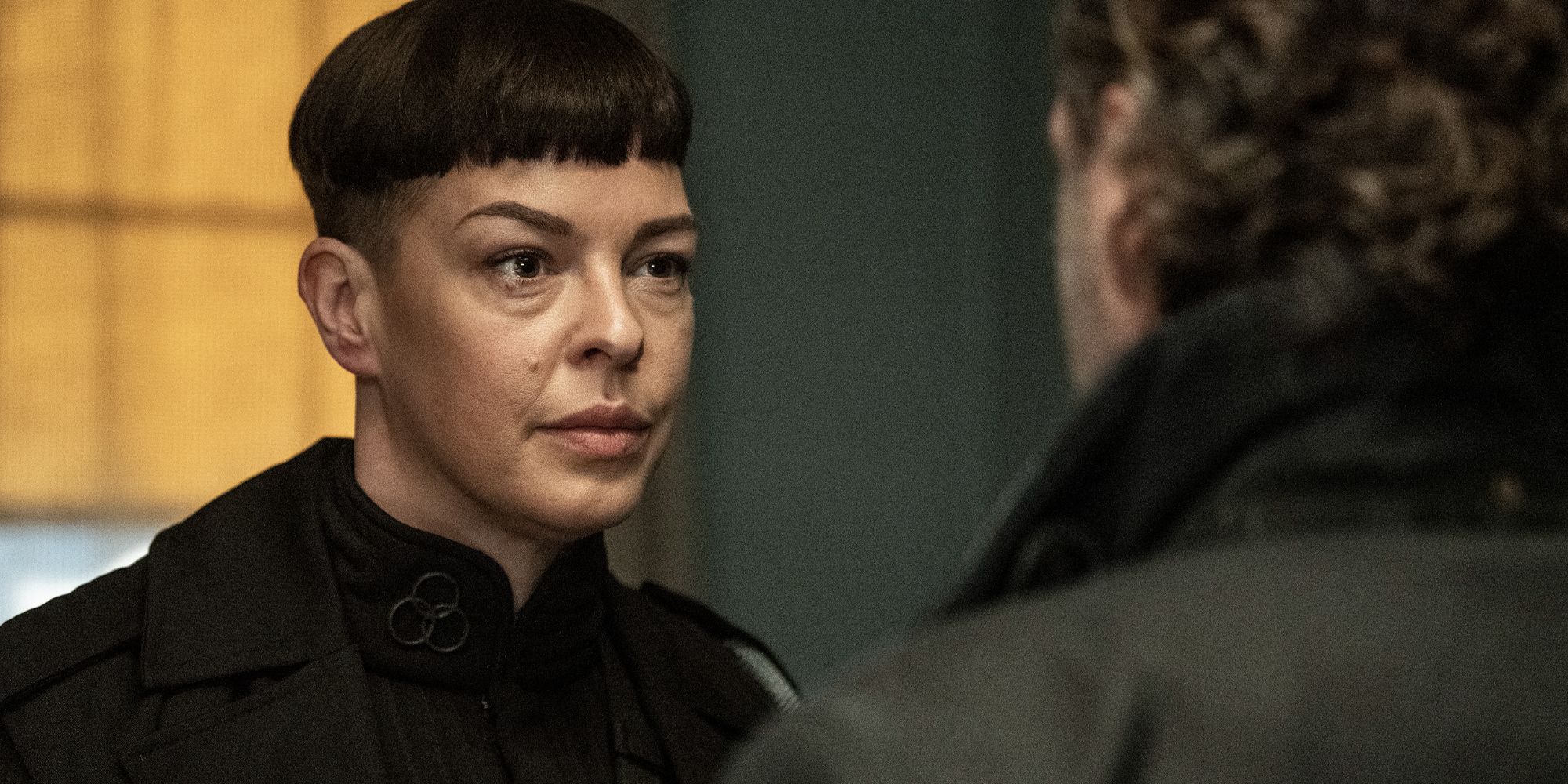The Walking Dead season 7 is better than its reputation suggests. Over the course of 11 seasons, 177 episodes, and showrunners changing on multiple occasions, the AMC series inevitably varies in quality at points during its extensive run. This is sometimes attributed to the presence or absence of The Walking Dead‘s best characters, especially where fan favorites, including Rick Grimes, Glenn Rhee, Michonne, Daryl Dixon, and Carol Peletier are concerned.
While there are many divisive moments throughout the series, especially when it comes to the deaths of beloved characters, no season is as divisive as season 7. Season 7 is commonly attributed to being the point when The Walking Dead stopped being a popular cultural phenomenon and declined in quality and overall viewership. Despite this negative stigma and some valid criticisms, season 7 has many strengths that prove it deserves better than its harsh reputation.
Why The Walking Dead Season 7 Is So Divisive
A Major Death And The Suffering That Followed Were Not Received Well

The Walking Dead season 7 is so divisive because of how Glenn’s death was handled in the first episode. As a fan-favorite and one of the few surviving characters from the original group in season 1, Glenn’s death was always going to be met with a certain amount of backlash. His end was made even worse through the deeply graphic way he was brutally killed by Negan Smith in a moment that arguably prioritized shock value over substance, all of which happened after Negan had already beaten Abraham Ford to death.
Negan only killed Glenn at this moment in The Walking Dead comics, but he killed both Abraham and Glenn in the television series.
This development started off the season on a divisive note, and it did not get any easier, as nearly the entire season focused on the communities of Alexandria, the Hilltop, the Kingdom, and Oceanside all suffering and being subjected to the seemingly endless cruelty of Negan and the Saviors. It was difficult to watch, as the communities and even some of the most resilient characters lost all hope. Many episodes shifting between small groups of characters across the various communities also led to the pacing and overall plot feeling slow and scattered at times.
The Walking Dead Season 7 Culminates With A Rewarding Payoff
Carl Grimes And The Community Of Alexandria Are Saved In The Best Possible Way

The Walking Dead season 7 ultimately works because it culminates in an incredibly rewarding finale. At the point when it seems like things cannot get any worse, with Negan about to kill Carl Grimes and Alexandria occupied by the Saviors and the Scavengers who joined them, the forces of the Kingdom and the Hilltop arrive to save the day and liberate Alexandria. After seeing members of the Kingdom and the Hilltop reluctant to stand up against the Saviors, and seeing the communities enduring so much suffering, it was satisfying to see them finally unite with Alexandria against their common enemy.
Part of what made this ending so impactful is that it featured so many working together and putting their disagreements aside, such as Rick and Morgan Jones, with their nod to each other during the fighting being a powerful statement. This ending only worked because the season began with unspeakable tragedy and because nearly every episode saw the survivors broken down. It was thrilling to see King Ezekiel’s tiger, Shiva, unleashed against the Saviors, to see all the characters and storylines converging, and rekindling hope after everything they had lost.
The Walking Dead Season 7 Paved The Way For The Franchise’s Future
Negan, Jadis, Ezekiel, And Other Season 7 Characters Determined The Franchise’s New Direction










Not only does The Walking Dead season 7 work on its own, but it also deserves recognition for how it laid the groundwork for the rest of the franchise. Even though Negan was technically introduced at the end of season 6, it was season 7 that really took the time to thoroughly develop him. Instead of just being the villain of season 7, Negan went on to become one of The Walking Dead‘s most important characters, and his popularity led to the current ongoing spinoff series, The Walking Dead: Dead City, which also features Glenn’s wife, Maggie Rhee.
Season 7 also introduced Jadis and the Scavengers, with Jadis and her connection to the Civic Republic Military being the reason Rick disappeared from the mainline series in season 9, along with becoming the basis for the spinoff series The Walking Dead: The Ones Who Live. Other communities and characters like King Ezekiel, who were also introduced during this season, became crucial to seasons 8, 9, 10, and 11. Without season 7, many of the current spinoffs would not exist, and the final seasons of The Walking Dead would not have featured many of its best characters and storylines.

